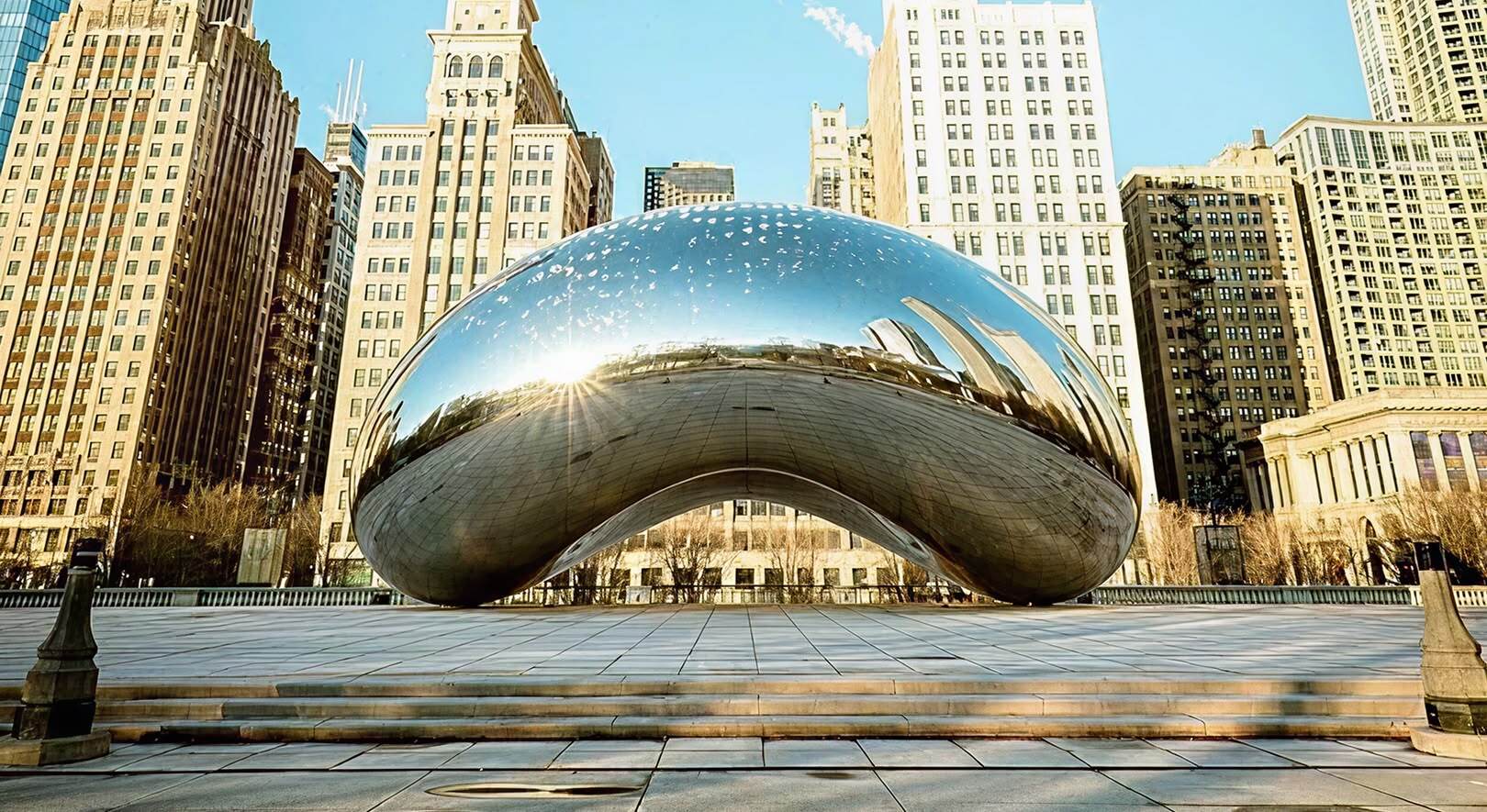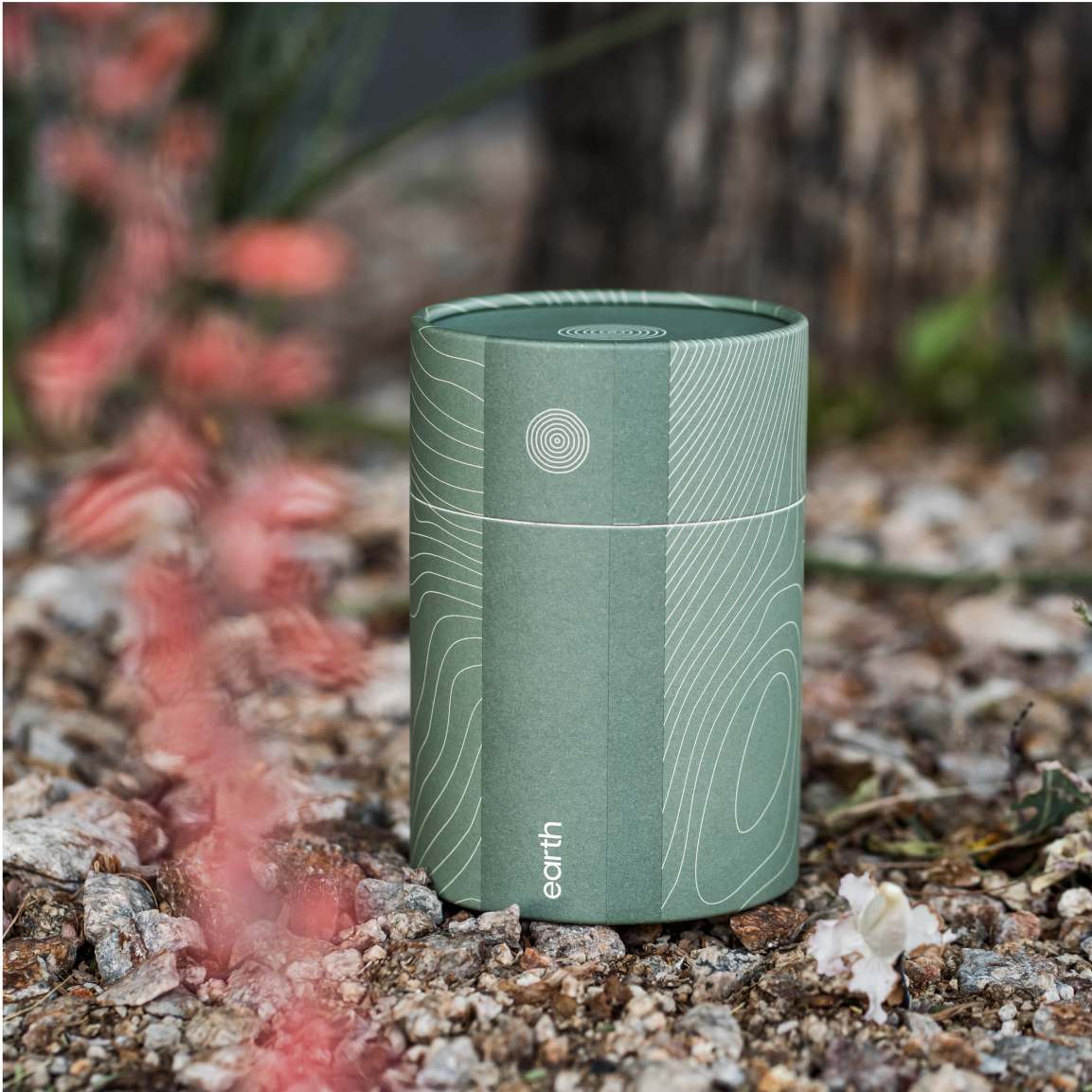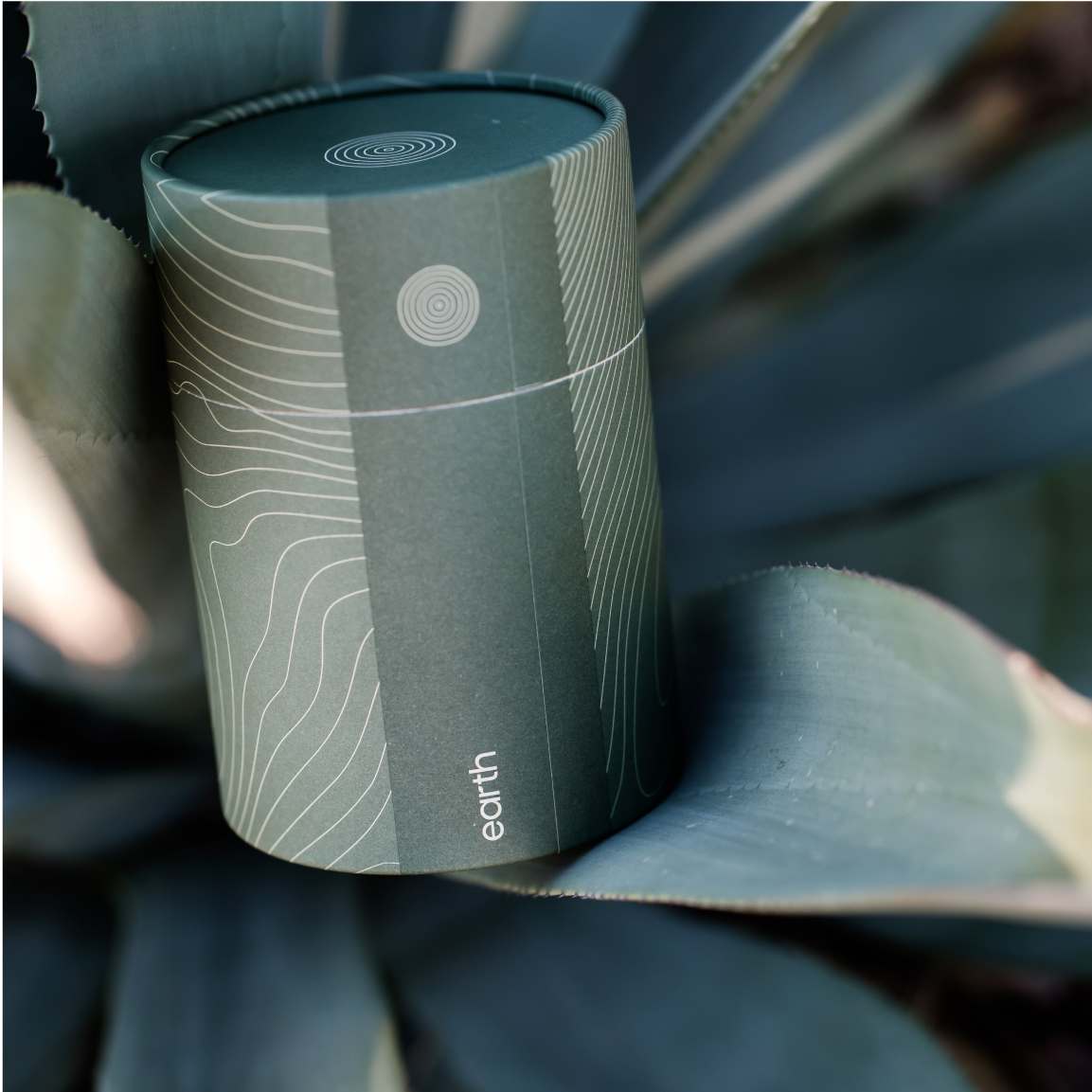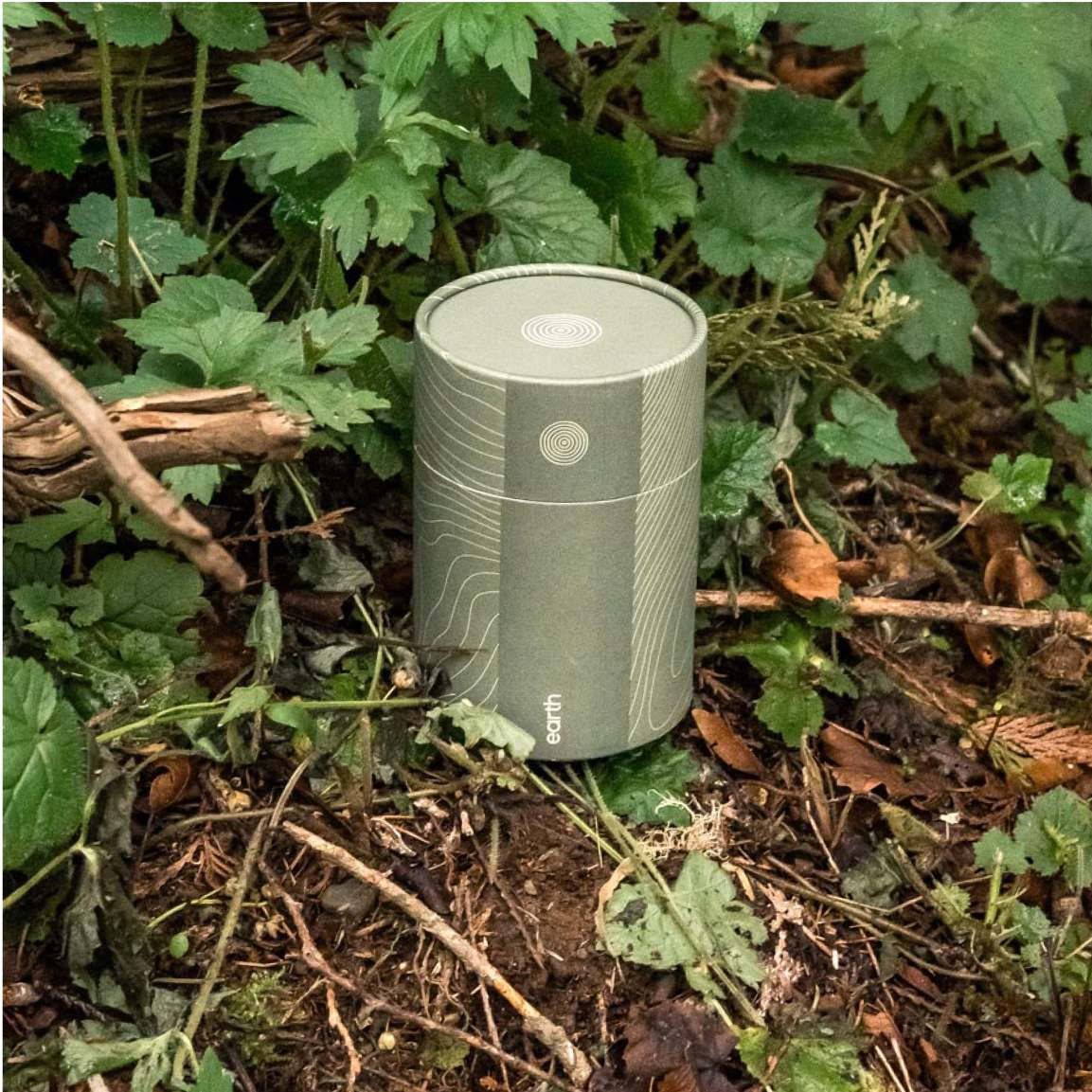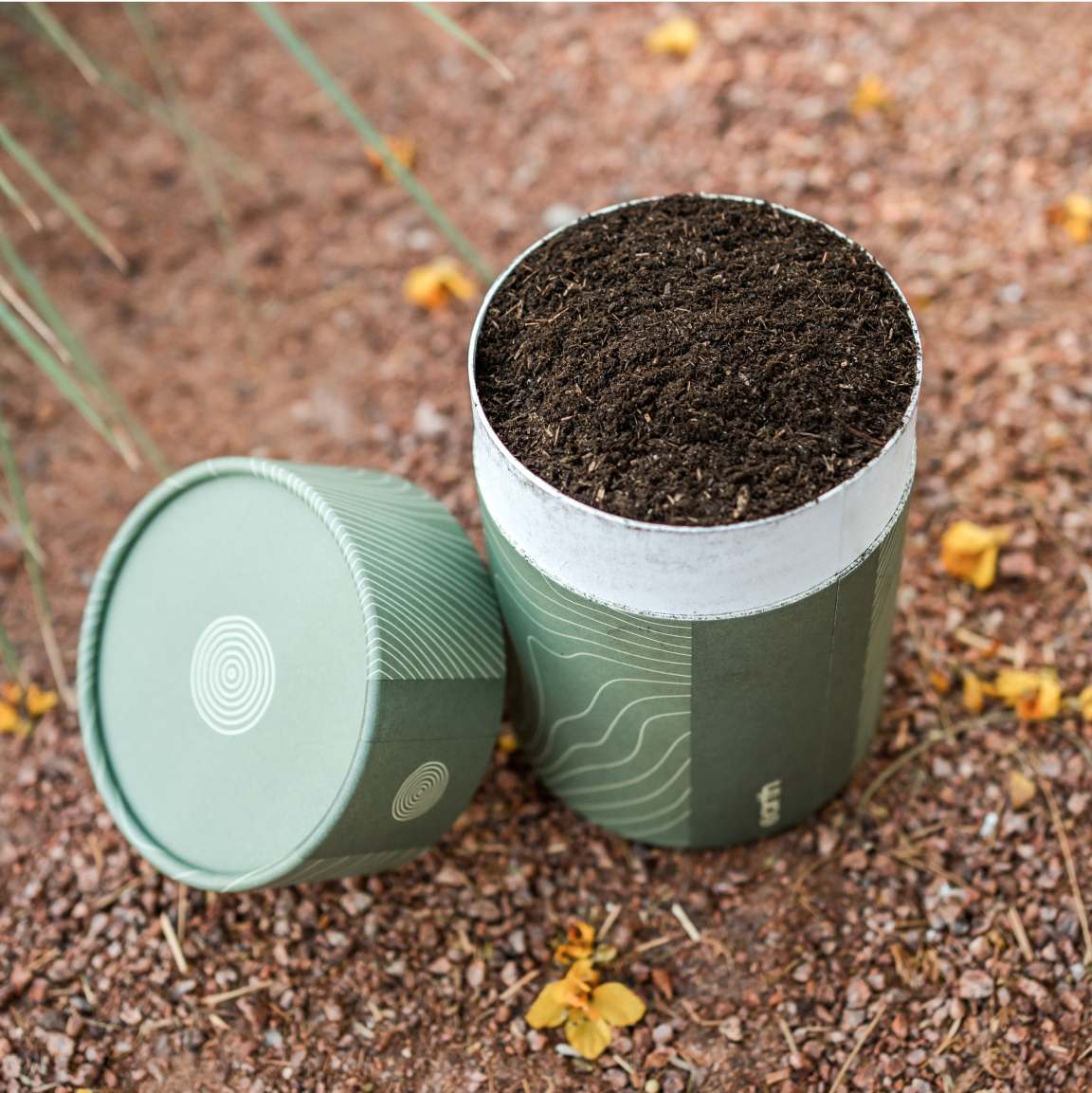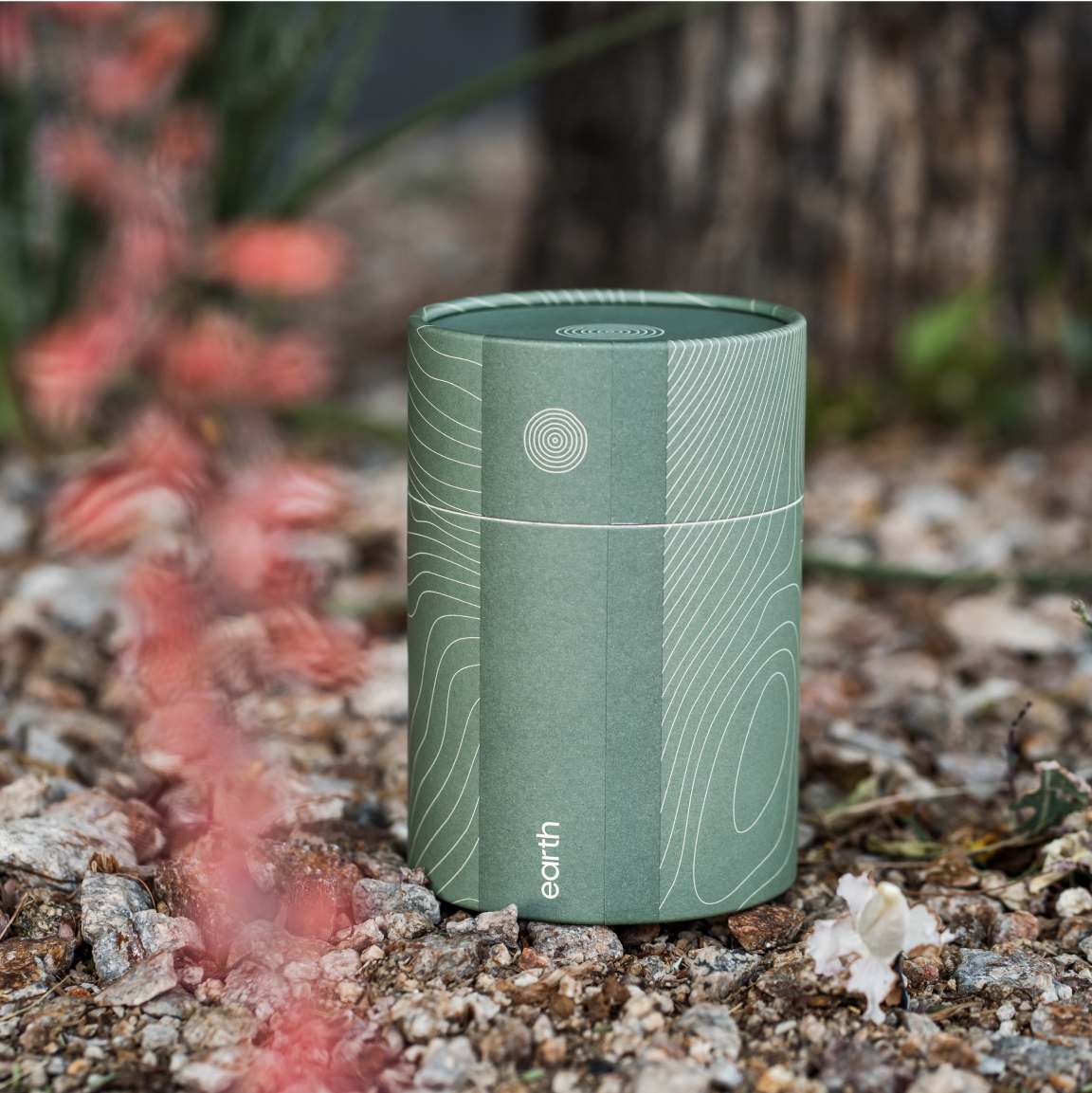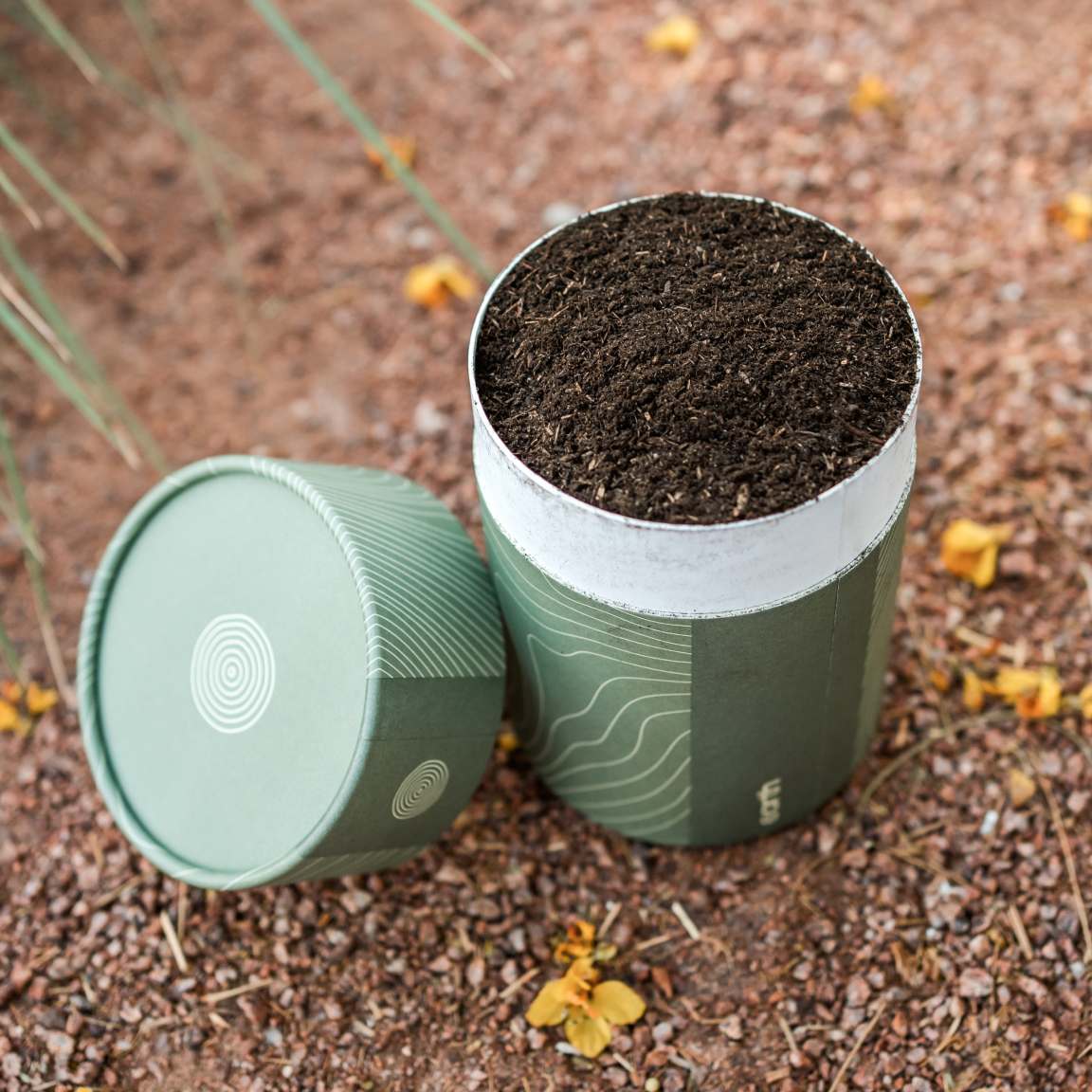
Green Funeral Practice
|
February 9, 2022
Demand for environmentally friendly funeral options is growing as more people become aware of the unsustainable elements of traditional practices.
Human composting is one such green option and is an alternative to traditional choices that has become increasingly available in recent years.
This article looks at the human composting process, explaining the legislative landscape and where the process is being performed. It also outlines some of the benefits of human composting compared to other practices.
What Is Human Composting?
Human composting is a process that gently transforms a body into nutrient-rich soil. It is commonly referred to as soil transformation or natural organic reduction.
The process is a green alternative to burial and cremation, which uses principles of nature to break down the human body on a molecular level. This is achieved by balancing carbon and nitrogen, and optimizing temperature and moisture levels.

At the end of the process there is a quantity of soil which is rich in nutrients. This soil can then be used for land restoration and conservation, with some also available for use for memorialization purposes.
Where Is Human Composting Legal?
In 2019, Washington became the first state to legalize human composting, with the law taking effect in May 2020. Since then, fourteen states have legalized the process: Arizona, California, Maryland, Nevada, New Jersey, Oregon, Washington, Colorado, Georgia, Minnesota, New York, Vermont, Delaware, and Maine.
Bills are in progress in New Mexico, Utah, Illinois, Massachusetts, Ohio, Texas, Connecticut, Indiana, Missouri, New Hampshire, Rhode Island, and Hawaii.
In states where the process is not yet legal, human composting may still be available to residents. Families can often arrange for transportation to a licensed facility in a nearby state where the process is permitted, and have the resulting soil returned home.
View our tracker for full details of the legislation in each state and where human composting services are available.
Where Is Human Composting Available?
As is the case for all disposition methods, human composting is strictly regulated. Operators must have a facility license issued by the funeral regulator of the relevant state.
The process therefore takes place in purpose built facilities of specialist human composting providers.
At Earth, we have the most advanced facilities in the world, which combine state-of-the-art tech with an architect-designed space that is calm and tranquil. This provides a setting that mirrors the beauty of the human composting process.

Those interested in human composting can find a suitable provider through online research, after first working out whether the process is legal in their state or a bordering state. Important considerations in choosing a provider include location, budget and a provider’s transparency about what their services include.
You can find all the steps of our soil transformation process on our website, where you can also get a quote based on just a few short questions.
{{CTA}}
The Benefits Of Human Composting
The human composting process is far more environmentally friendly than traditional funeral practices.
Traditional burial consumes urban land at an unsustainable rate, and the materials and chemicals buried with a body can lead to soil pollution. In the US each year, the practice results in 4.3m gallons of embalming fluid and 1.6m tons of reinforced concrete being buried.
Human composting on the other hand is very positive for soil health, returning the goodness of the human body to the earth.
Cremation is reliant on fossil fuels and requires a lot of energy to maintain the necessary temperatures. As a result, the average cremation produces a lot of CO2 - an estimated 535 lbs, which is the equivalent of a 609 mile car journey.
Earth’s soil transformation process produces no net CO2 emissions and uses renewable electric energy sources.
Beyond the obvious environmental benefits, human composting is also a conceptually appealing process for many, representing a return to nature. Appealing to conservationists and nature-lovers, the process also allows for meaningful memorialization with family and friends able to scatter or plant some of the soil.
Explore
At Earth, we are specialists in soil transformation. If you are interested in human composting, you can read about our services or get an instant quote.


